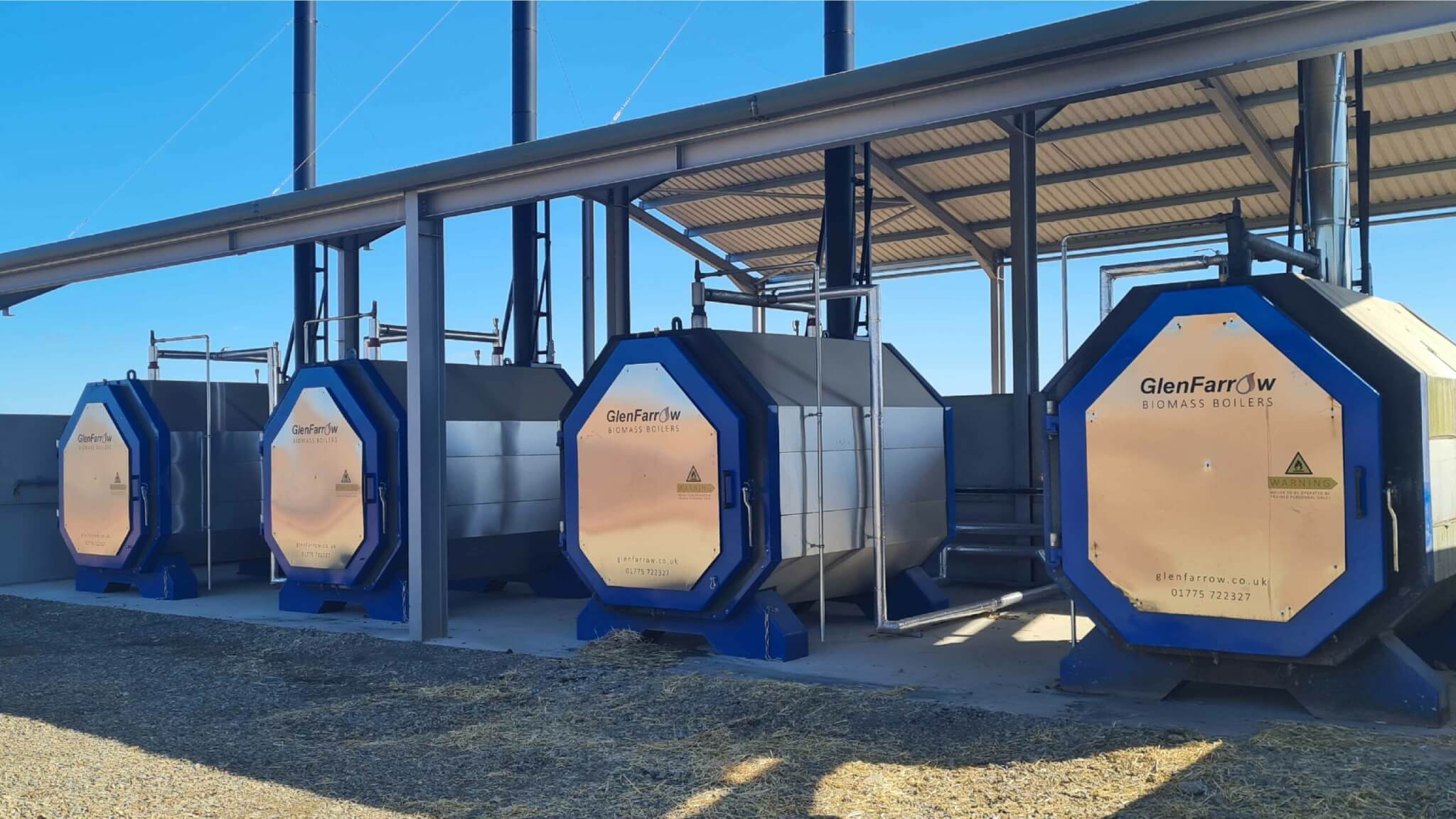
If you’re wondering how hot biomass boilers get, the answer is very! Internal temperatures can range between 500°C and 1200°C. That’s over five times hotter than boiling water from a kettle.
In this post, we’re exploring the ideal temperature ranges for biomass boilers to ensure efficient heating and hot water supply.
Factors that affect the chamber temperature include the area of the boiler, the power and excess air provided by combustion. The combustion area is built of materials that don’t just withstand scorching hot temperatures but also react to rapid temperature variations.
How to control the temperature
What you really want to know is how this heat translates for use in your property. If you want to keep a room or entire building warm in the winter, you’ll want to know that it provides a sufficient level of heat.
The good news is that your radiators will still be as hot, if not hotter than with a conventional boiler. That means you can be confident in making the switch from a traditional gas boiler in the winter. Biomass boilers deliver temperatures of up to 95°C, which is hotter than a standard gas boiler.
This is to ensure a minimum return temperature of 65°C to prevent boiler corrosion. A delta T (temperature difference between flow and return) of 10-15°C is generally advised.
Home radiators should typically operate between 18 and 22 degrees to deliver a comfortably warm environment. You will be able to monitor and control different aspects of the system, such as the hot water temperature output, through temperature sensors.
Temperature phases
The temperature will go through several phases and changes to successfully convert your biomass fuel into heat energy.
How to reach the optimal temperature?
Biomass boilers are designed to operate within specific temperature ranges.
To optimise boiler efficiency, it is crucial to understand and manage the boiler flow temperature.
It’s important to adhere to the manufacturer’s recommended temperature limits. GlenFarrow experts will design heating systems to ensure the system operates with the correct temperatures.
What is the ideal operating temperature for a biomass boiler?
The optimal temperature for combustion efficiency in biomass boilers varies for boiler types and designs. For wood chip boilers, this is typically around 600°C for the initial burn, which releases gases, and up to 1,200°C for the re-burn of these gases in the burn chamber.
Low temperature hot water biomass boilers typically operate at up to 95°C, with safety limit stats usually set between 90°C and 95°C.
On the other hand, temperature hot water (HTHW) and steam biomass boilers are designed to operate at higher export temperatures, typically ranging from 120°C to 280°C.
Boiler efficiency can be increased by using heat recovery devices to decrease the temperature of flue gas before it is exhausted from the boiler.
A routine annual service is required for biomass boilers. With GlenFarrow, we’ll provide your first service for free when you buy a new biomass boiler. We stock industry-leading boilers that come with a 3-year warranty.